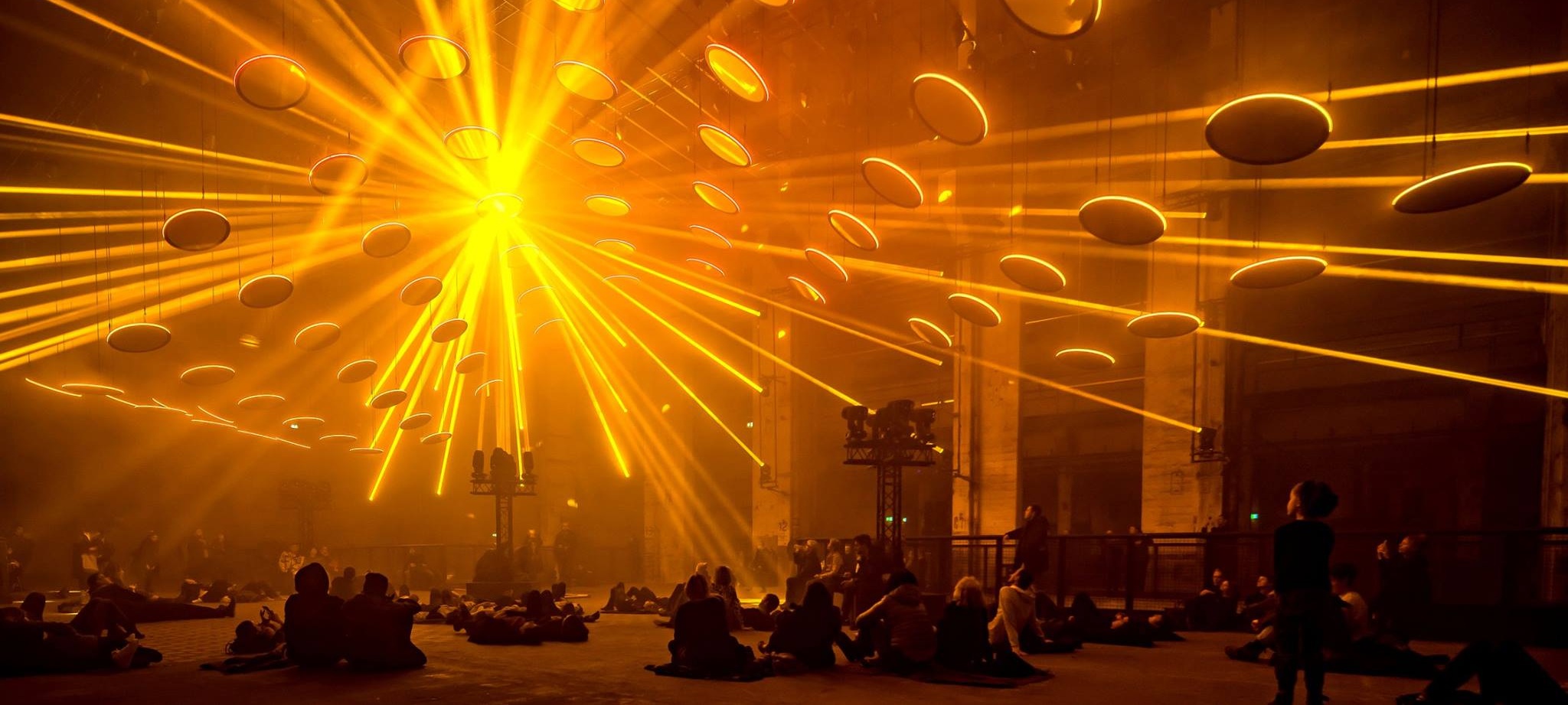
Foundation
People Need Culture – Culture Needs Spaces
Photo: Kraftwerk Berlin fotografiert von Ralph Larmann.
Guiding Priciples – We are committed to the peaceful coexistence of people through our work.
Our values are based on mutual respect, tolerance and the dignity and uniqueness of each individual. We put this into practice in the foundation, the associated companies and in all projects and collaborations that we realize with third parties and partners. The internationality and diversity of our employees and artists are the basis for our success and the potential of our development and future.
Fairness and mutual respect are indispensable elements of our collaboration. Sustainability and ecological awareness characterize our aspiration to live up to our responsibility as a modern, future-oriented company.
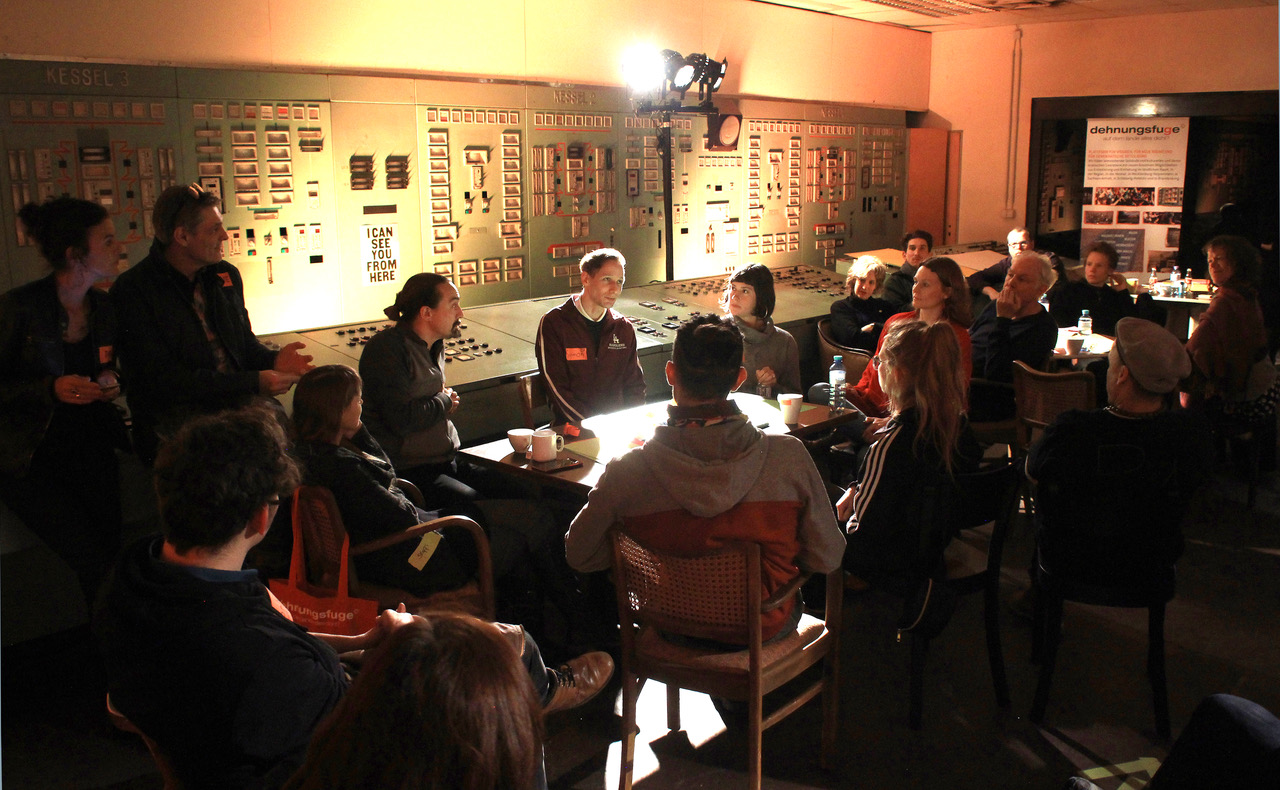
Bar Camp at Kraftwerk Berlin, Photo: Noura Nabi
Mission – Our work focuses on subcultures, artistic niches and cultural freedom.
It is the younger generations in particular who, in their need, their urge and their right to realize themselves – by questioning the old and creating the new – bring forth innovation and thus make a valuable contribution to enriching and developing our society.
However, this can only succeed if art and culture have suitable, affordable and viable spaces.
We are therefore committed to preserving and developing endangered or as yet undiscovered cultural spaces, making them available to local people and facilitating and successfully shaping (sub)cultural work by imparting knowledge and experience. In this way, we make a contribution to regional structural support and, through our work, provide young creatives with spaces, opportunities and chances to realize their own ideas, visions and artistic projects.
Subkultur, Nischen und Freiräume im Fokus.
Junge Generationen bereichern unsere Gesellschaft, indem sie Altes hinterfragen und Neues erschaffen. Doch kreatives Schaffen braucht Räume – bezahlbar, zugänglich und frei.
Wir erhalten und erschließen bedrohte Kulturräume, schaffen neue Orte für Kreativität und ermöglichen (sub-)kulturelle Projekte. So stärken wir regionale Strukturen und geben jungen Talenten Raum, sich zu entfalten.
Raum für Ideen. Raum für Neues. Raum für Veränderung.
Jede Bewegung beginnt mit einem freien, geschützten Raum – einem Ort für Experimente und kreativen Aufbruch. Nach dem Mauerfall war Berlin ein solcher Raum: leerstehende Gebäude, wenig ökonomischer Druck und behördliche Toleranz schufen die Grundlage für eine kulturelle Explosion, die bis heute nachwirkt.
Diese Erfahrung zeigt: Wo Freiräume existieren, entsteht Zukunft.
Deshalb fordern wir:
- Erhaltet die Nischen, in denen Neues wachsen kann.
- Gebt jungen Menschen Orte, um kreativ zu sein.
- Schafft Räume, die das Morgen gestalten.
Denn was heute Experiment ist, kann morgen die Welt verändern.
Deshalb: Jugend braucht Raum!
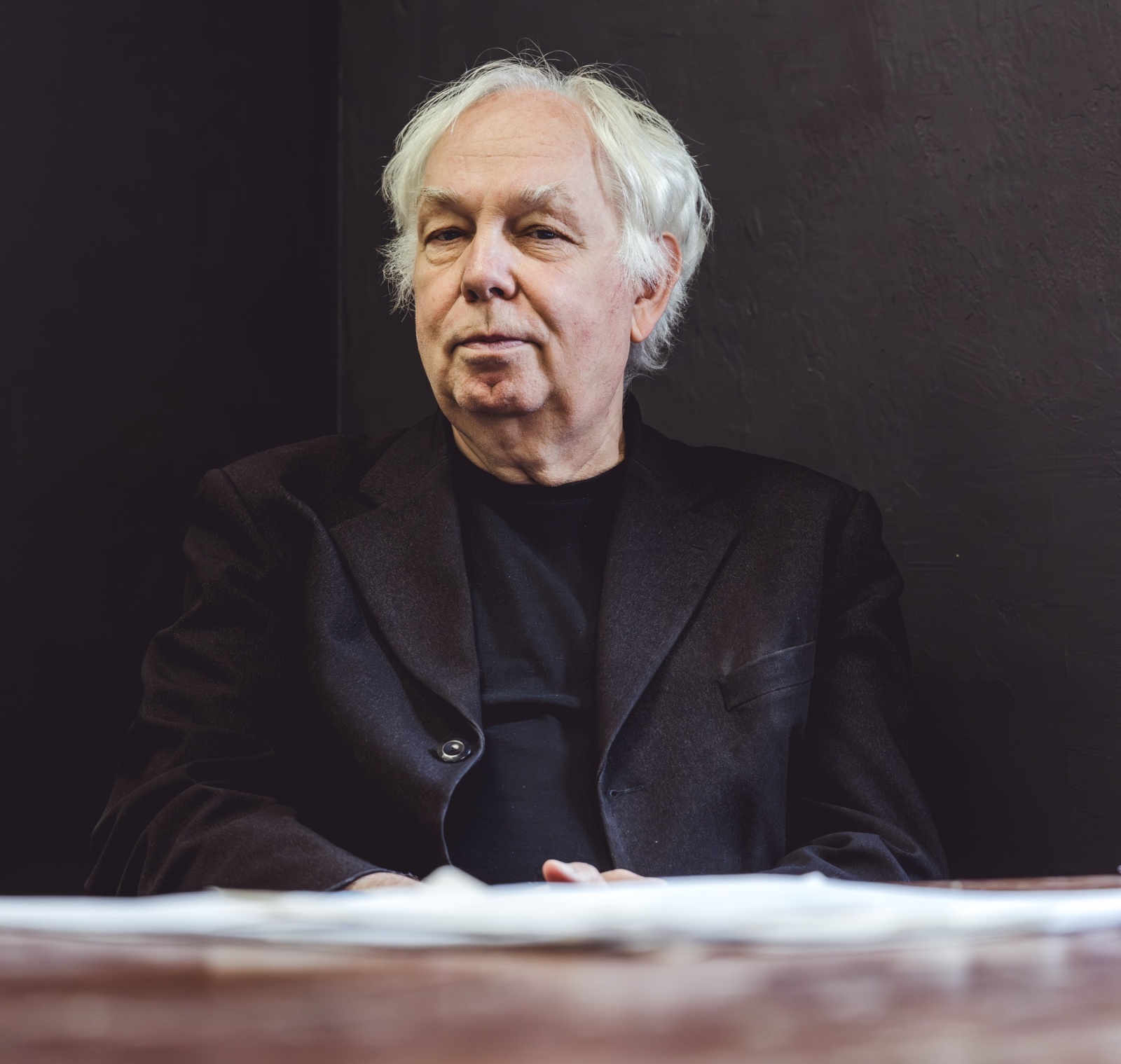
Dimitri Hegemann, photo: Marie Staggat
Founder
Dimitri Hegemann, cultural creator and spatial researcher, likes to deal with things that are different. He sets all sorts of things in motion: unusual forms of expression of all kinds, spaces for alternative culture, tones, images, sounds, ideas, people. Stages of his work include the non-conformist Atonal Festival, the development of the Berlin Tresor Club – since its inception a place for bringing together young people from East and West Berlin and the whole world -, the import of techno from Detroit in the early years after the fall of the Berlin Wall and the development of Kraftwerk Berlin as an internationally important venue since the turn of the millennium.
In recent years, Hegemann has devoted himself to forgotten industrial spaces and alternative urban development: the transformation of ruins and vacancies into functioning cultural spaces is his strategy for a new, modern and prosperous creative economy in order to create sustainable prospects for lively and independent cultural projects. He sees night culture as a decisive inspiration and development factor for the emergence of ideas and concepts for micro-businesses and thus for securing the location of small and medium-sized communities and cities with the aim of strengthening the quality and meaning of life locally.
In fact, his contribution to the successful path from subculture to creative industries is of pioneering importance: in 2012, together with Annette Ochs, he founded the Happy Locals agency, which develops strategies for small and large German and international communities affected by emigration. By offering new perspectives for young people, Happy Locals supports the creation, strengthening and establishment of sustainable and long-term communities and projects.
In 2021, Hegemann founded the Tresor Foundation Berlin. Her intention is to remove cultural spaces from speculative markets and thus create long-term planning security and prospects for cultural workers. Hegemann is also the founder of the Clubs for Germany initiative, whose idea of bringing clubbing and nightlife culture to medium-sized German cities triggered many requests at the German Cities Day 2021. His latest project is the founding of the Academy of Subcultural Understanding, an educational institution in club management for young cultural professionals with the aim of developing subcultural entrepreneurship as a concept for the future and training creative and critical leaders by imparting industry-specific specialist knowledge.
Organs
Excecutive Board
manages the Foundation’s business.
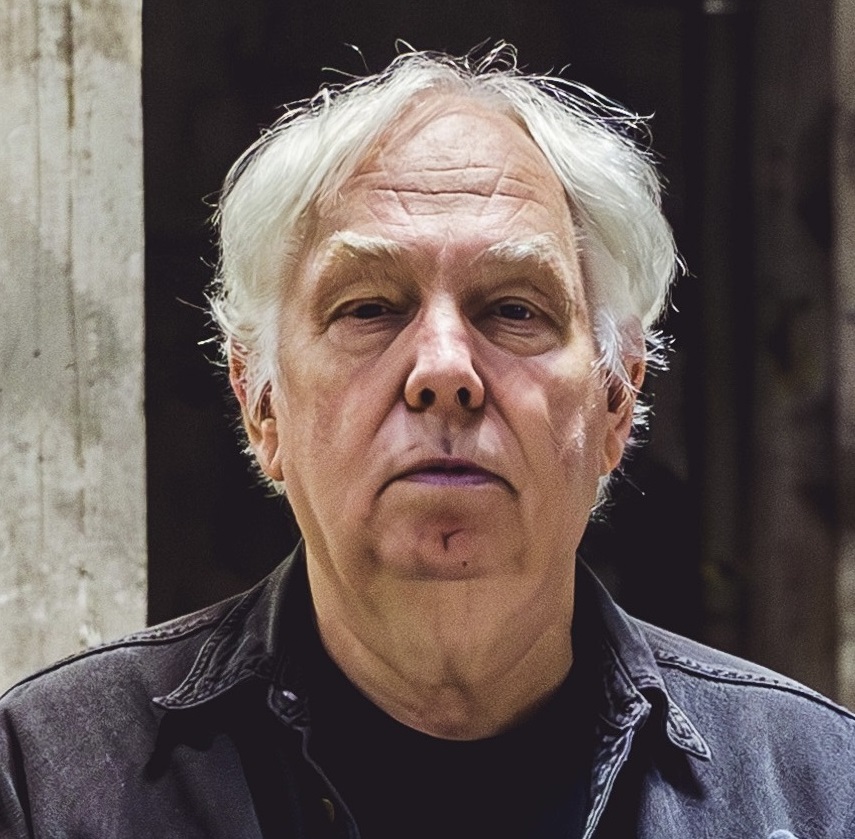
Dimitri Hegemann
Founder & Chairman
Founder and Chairman of the Tresor Foundation.
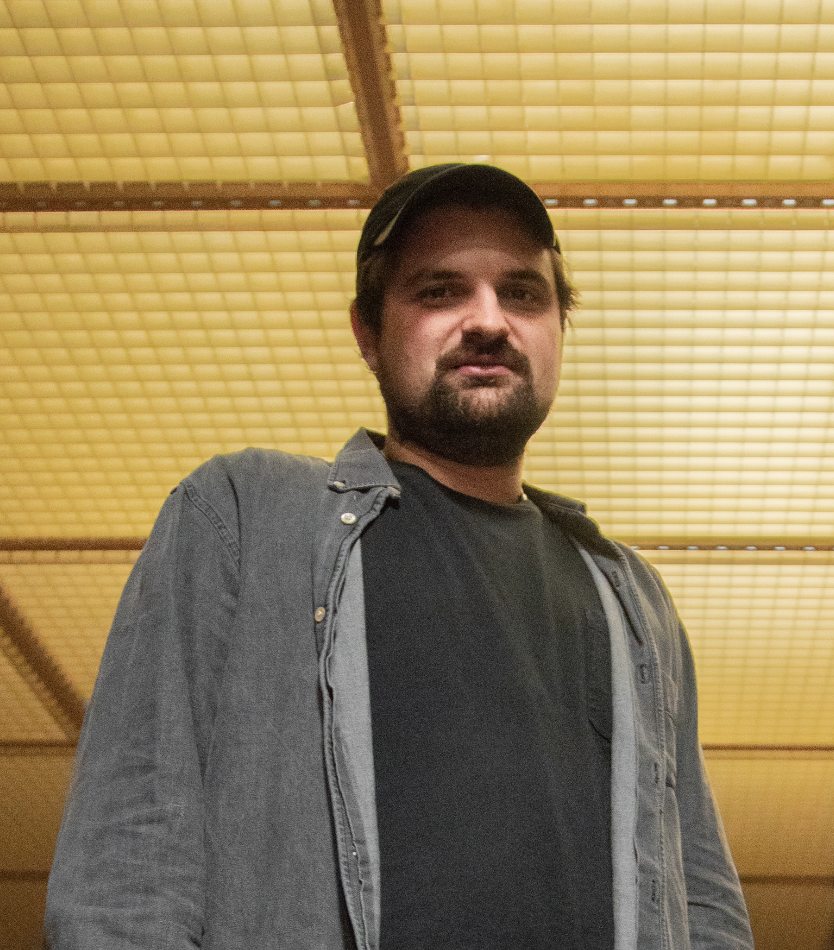
Laurens von Oswald
Vice Chairman
Laurens von Oswald, (1988), studied Journalism and Contemporary History at Queen Mary and City University London. He is the Managing Artistic Director of the Berlin Atonal festival since 2013. He has served as Creative Director of the Tresor club and record label and is the co-founder of the OHM Audiogallery. Von Oswald is also managing director of Outer, a creative agency and booking and management company for avant-garde music and art. Since 2021, he serves as Vice Chairman of the Tresor Foundation.
The Board of Trustees
monitors and advises the executive board.
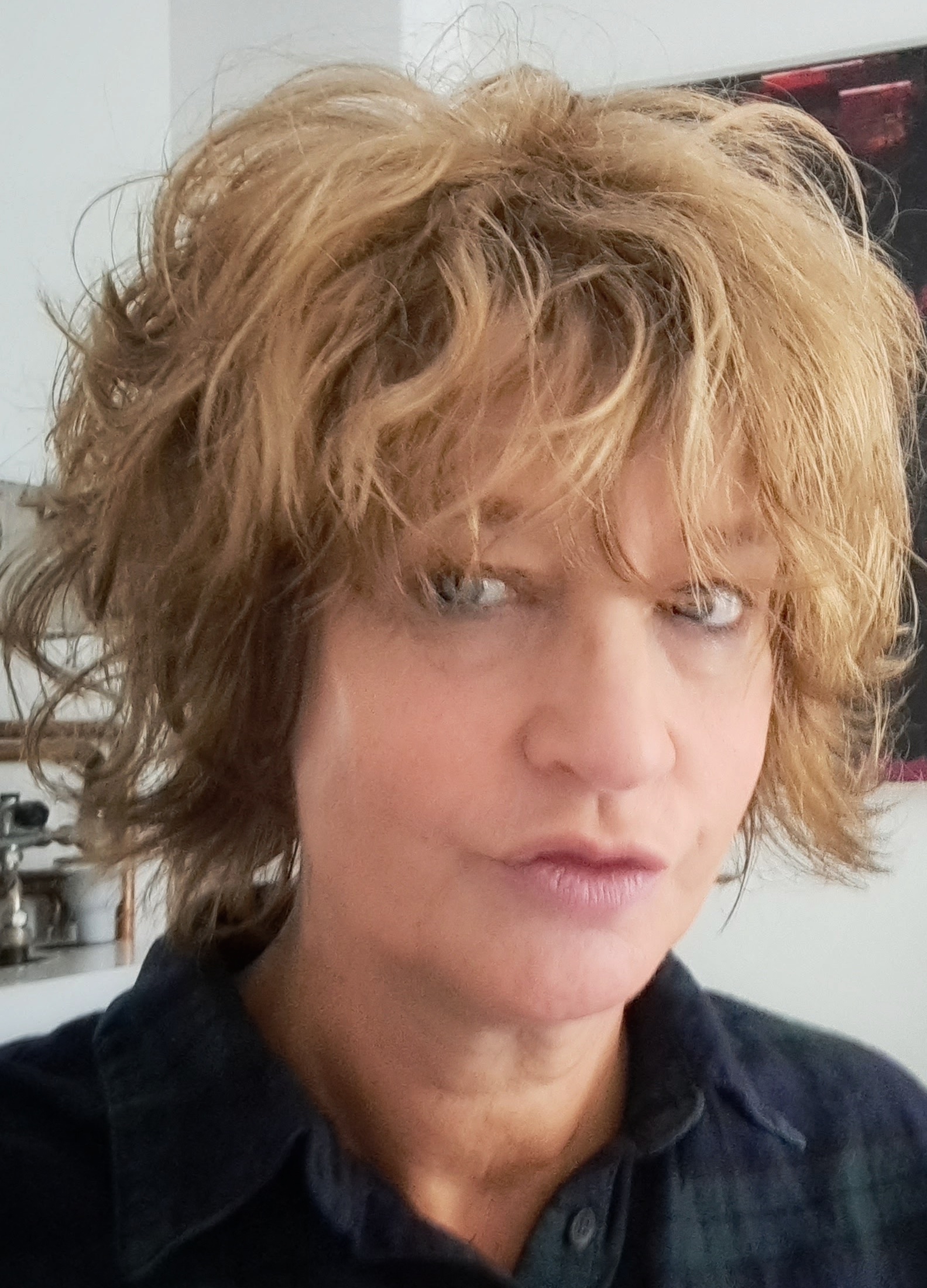
Barbara Meyer
Chairwoman of the Board of Trustees
Barbara Meyer is Managing Director of S27 – Art and Education. Born in Switzerland, she studied art and cultural education in Munich and Berlin. She taught project management at the bbw Bildungswerk der Wirtschaft and worked as a lecturer at the UdK Institute for Art in Context. For the Council for the Arts, she managed the Berlin campaign OFFENSIVE CULTURAL EDUCATION and the Cultural Education Project Fund on behalf of the Berlin Senate Department for Culture. Together with urban developers, she is committed to new funding structures in fields of action of „urban practice“.
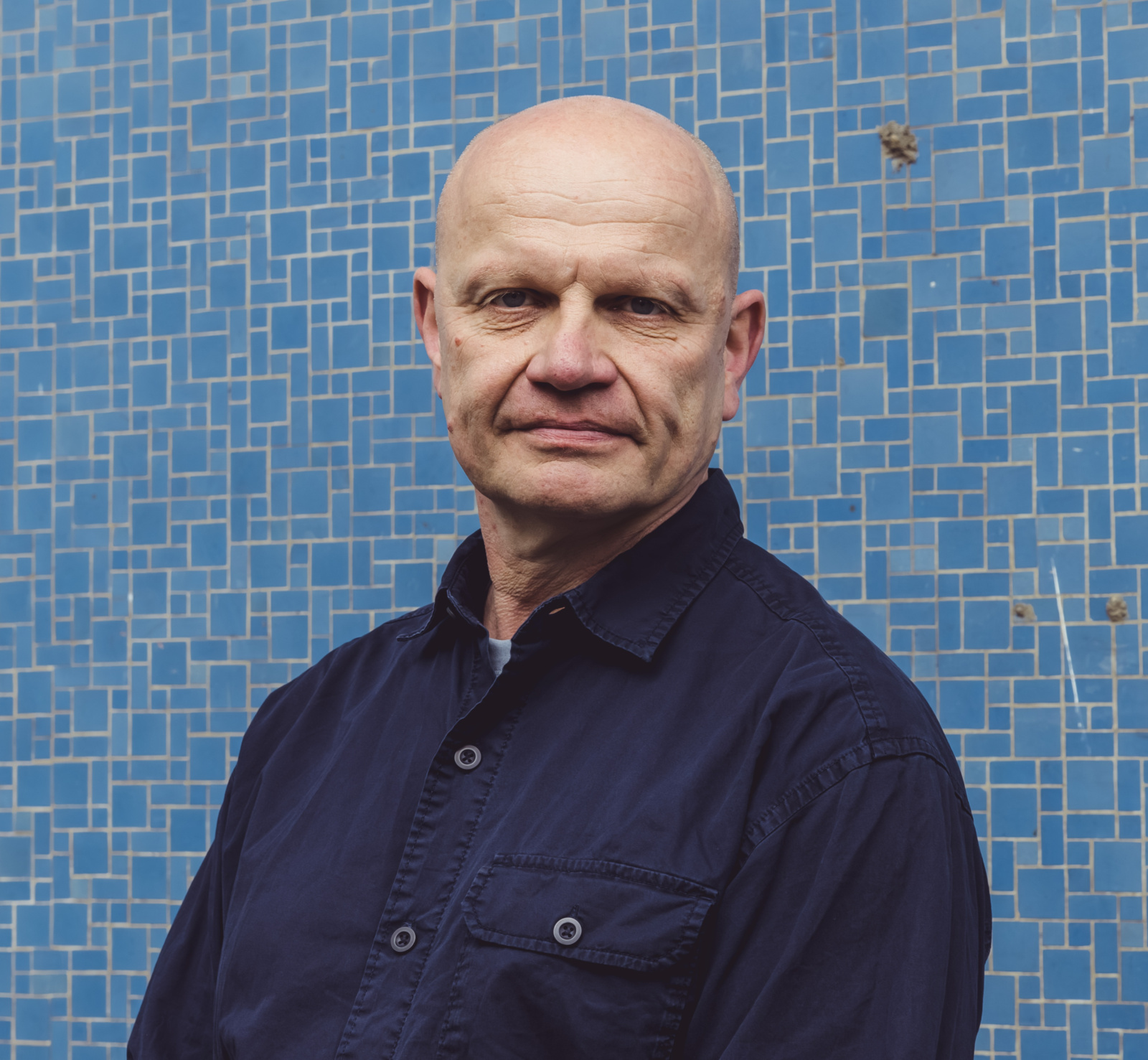
Tjabo Reuter
Member of the Board of Trustees
Tjabo Reuter has made a significant contribution to the positive development of Kraftwerk Berlin since 2013. He is the administrative manager of the Kraftwerk and ensures that both cultural and commercial event organisers find ideal working conditions.
After completing his studies, the sports science graduate quickly found his way into the event industry. Initially on the agency side, then since 2009 on the venue operator side. He found his project with Kraftwerk Berlin, its possibilities and its constant development. He also supported Dimitri Hegemann in setting up the Tresor Foundation from the very beginning.
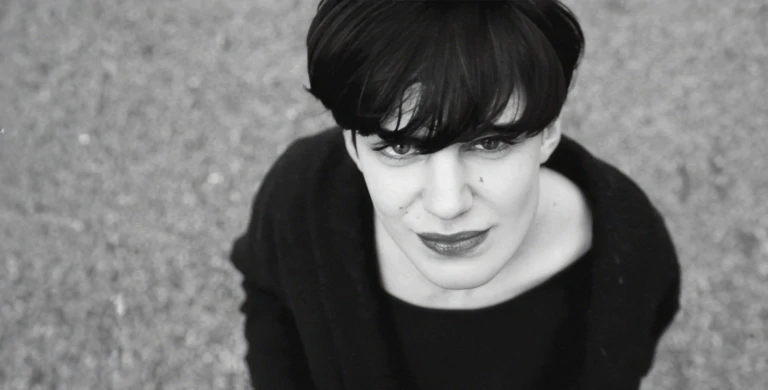
Diana Alagić
Member of the Board of Trustees
Diana Alagić is a cultural practitioner (Bachelor of Arts, University of Applied Sciences Potsdam), Tresor manager, and co-founder of the Tresor Academy. For many years, she has played a significant role in shaping Berlin’s subcultural landscape: she regularly organized events and served for ten years as Head of Booking, responsible for the musical direction of the Tresor club.
In her role as General Manager, she brings extensive experience in addressing the organizational, cultural, and economic challenges of Berlin’s club scene. In addition, she is excellently connected within the international club and music community.
The Foundation Advisory Board
advises and supports the Executive Board and Board of Trustees in the performance of their duties.
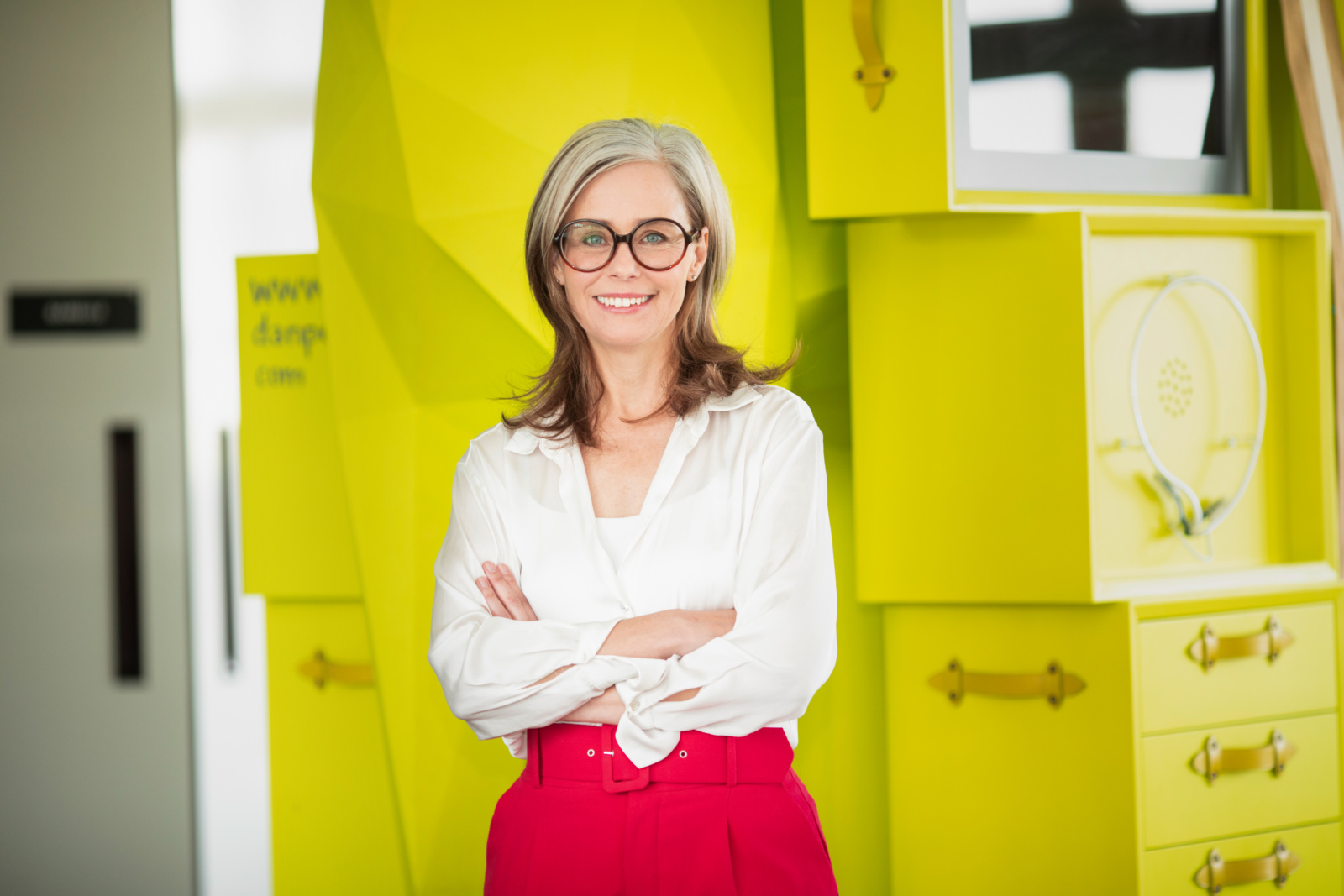
Nicole Srock.Stanley
Chairwoman of the Foundation Advisory Board
Nicole Srock.Stanley founded the dan pearlman Group, a group of owner-managed, strategic creative agencies based in Berlin, in 1999. Since then, the interior designer, who studied design, art and interior architecture in Hanover and London, has headed the group as CEO and is responsible for brand and corporate strategies, transformation and innovation.
As an expert in retail and the leisure industry as well as urban and destination development, Srock.Stanley advises start-ups, medium-sized companies and corporations. She worked for two years as creative director for the international positioning of the concept shopping mall BIKINI BERLIN and played a key role in the development of the multi-award-winning bonprix fashion connect store, a future retail store of the Otto Group. Since 2021, she has been a member of the Supervisory Board of Mister Spex GmbH, Europe’s leading omnichannel optician.
As a keynote speaker, Nicole Srock.Stanley is one of the “50 most influential women in retail” (Shop Shift Las Vegas). She is also actively involved in climate and species protection and is a member of the ESG Committee of the German Council of Shopping Places.
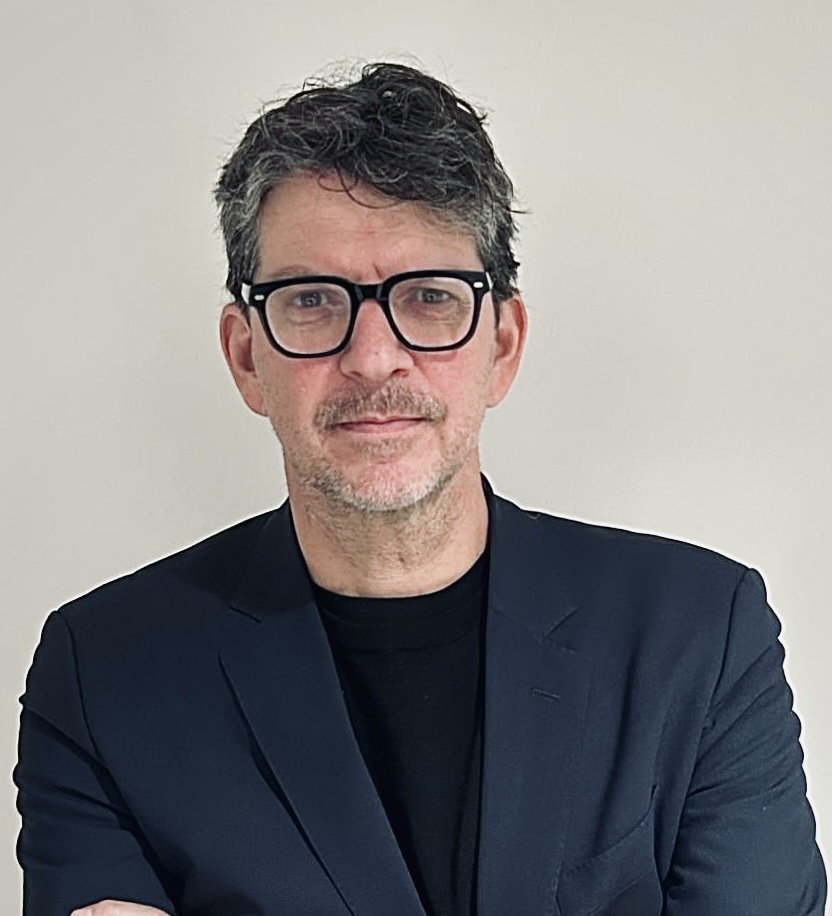
Christian Barthélémy
Foundation Advisory Board
Christian Barthélémy is a senior executive with many years of international leadership experience. Most recently, he served as Chairman of the Management Board of Vattenfall GmbH and as Senior Vice President People & Culture of the Vattenfall Group. In these roles, he was responsible for group-wide culture, transformation, and DEI programs and championed a work and leadership culture that strengthens purpose, diversity, equality, inclusion, and psychological safety—particularly in times of profound change.
For many years, he has been closely associated with Kraftwerk Berlin and is committed to supporting creative spaces, social diversity, and urban culture.
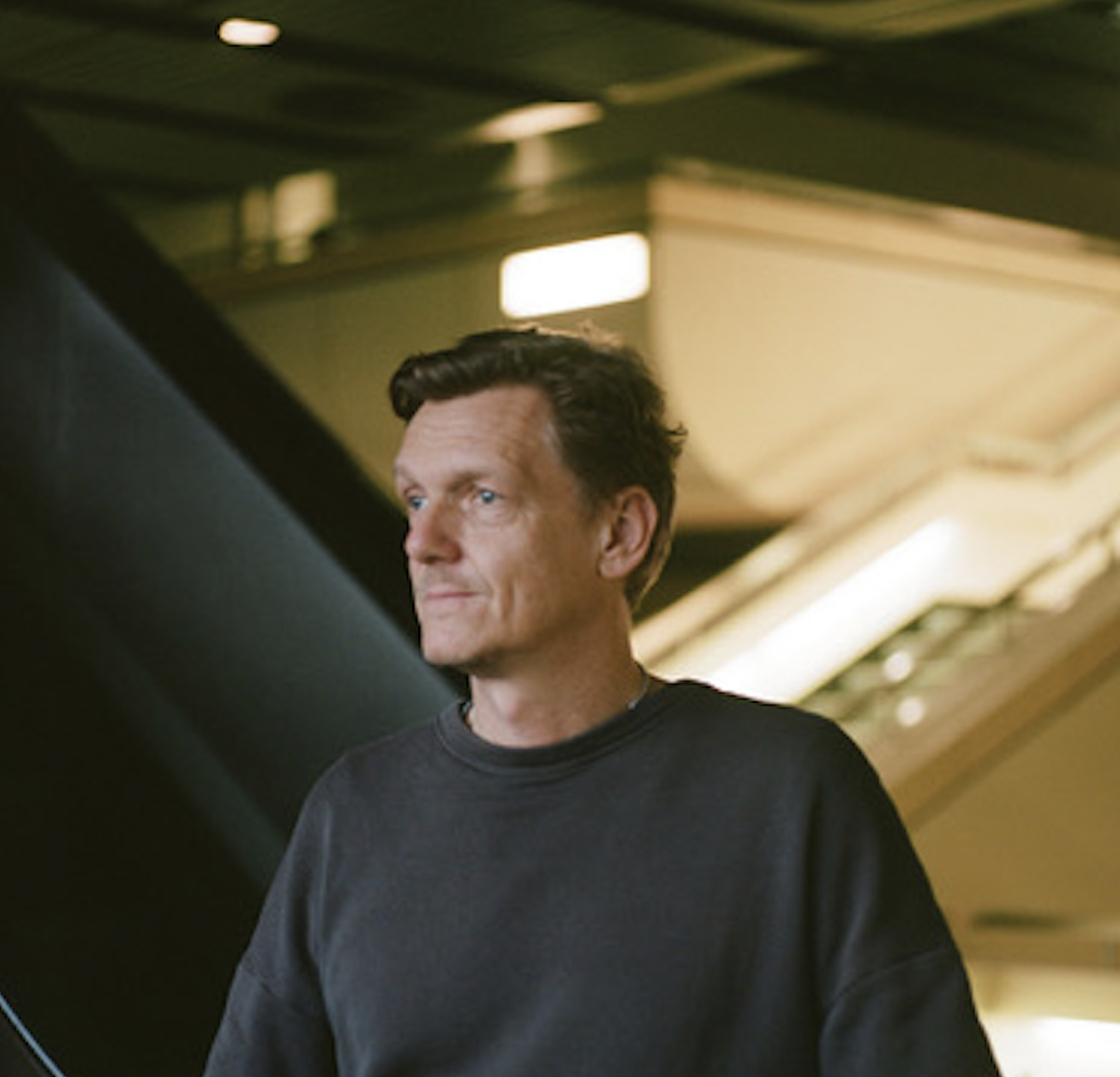
Dr. Thomas Oberender
Foundation Advisory Board
Thomas Oberender is an author, curator and festival organiser. He has worked as co-director of the Schauspielhaus Bochum and Zurich and as theatre director of the Salzburg Festival. He was artistic director of the Berliner Festspiele / Gropius Bau and founded the multi-year formats „Immersion“ and „The New Infinity“ in 2016. He works closely with artists such as Susanne Kennedy, Markus Selg, Vegard Vinge and Ida Müller, Ed Atkins, Philippe Parreno and Tino Sehgal. His publications include theatre plays, reviews and essays on artists and political and aesthetic transformation processes.
Photo: Joerg Carstensen
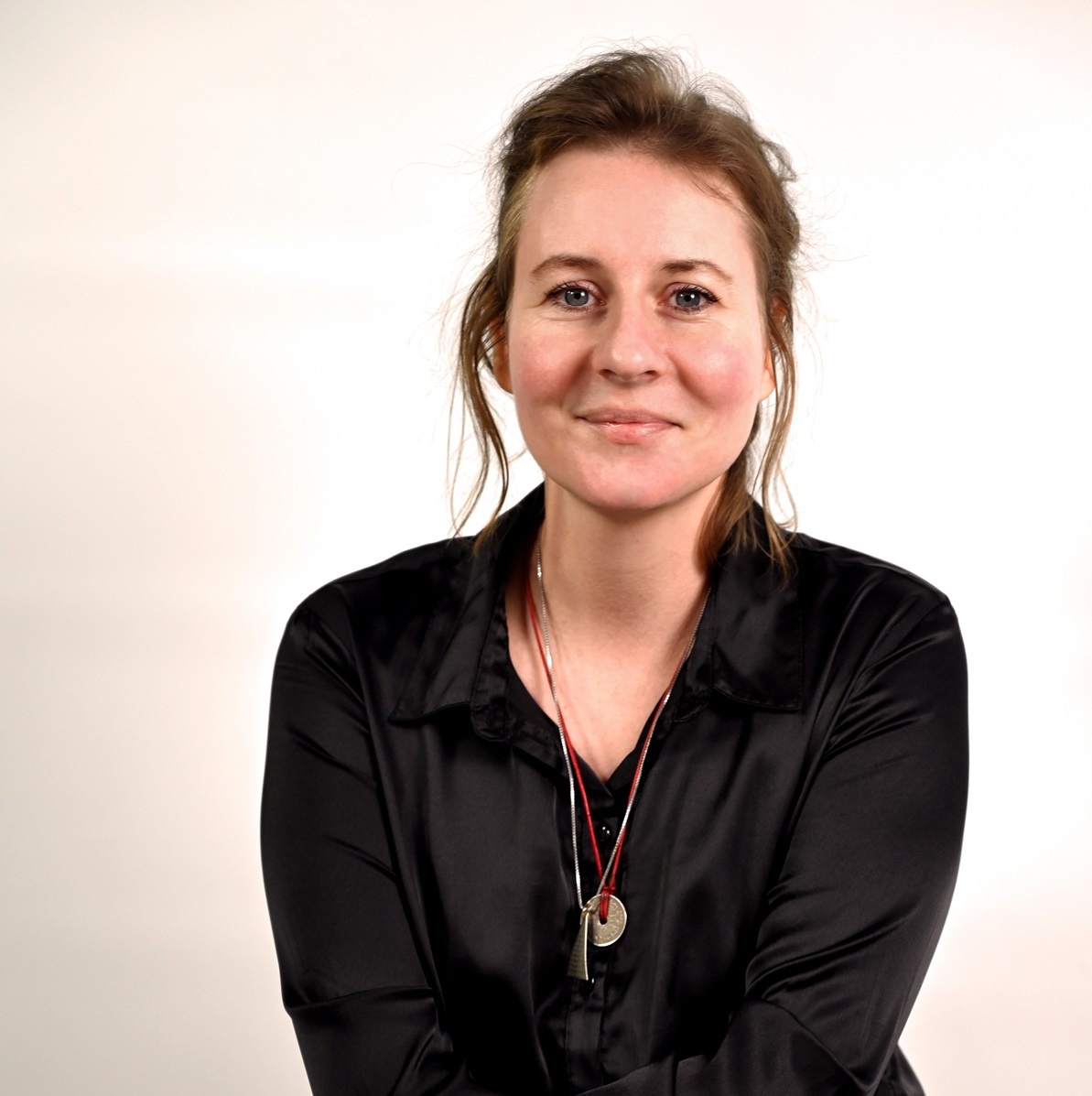
Nicole Erfurth
Foundation Advisory Board
Nicole Erfurth is a culture and nonprofit manager. Good deeds become her mission. She is passionate about helping people in the field of culture, music and nonprofit achievments. Since 2010 she has been working in parallel in various structures, topics and projects, always with the goal of creating an overview for all involved. Her fields of work range from organizational development, fund acquisition, accounting and consulting.
Through Berlin Worx e.V. (former Detroit Berlin Connection) she supports urban development topics to preserve culture, together with Dimitri Hegemann (chairman). She is also lobbying as part of the extended board at the Clubcommission Berlin e.V. with the focus on festivals and education. Additonally she is part of the advisory board of the Bundesstiftung LiveKultur while working at Initiative Musik gGmbH on the funding side. Based on her network she loves to create spaces to talk about important and urgent topics at events or conferences.
Warum Kunst, Kultur und Subkultur unverzichtbar sind
Eine offene, freie Gesellschaft, die sich kontinuierlich erneuert, ist in der Lage, das Streben nach Sinn, Glück, Wohlstand und Sicherheit in eine lebenswerte Zukunft zu überführen. Neben wissenschaftlichem und technologischem Fortschritt nehmen Kunst und Kultur dabei eine Schlüsselrolle ein. Sie schaffen Werte und Inhalte jenseits von Zweck, Kalkül und Interessen und treiben gesellschaftliche Entwicklungen voran.
Kunst und Kultur bringen Menschen zusammen, fördern Gemeinsinn, Zugehörigkeitsgefühl und Identität. Sie regen zum Nachdenken an, eröffnen neue Sichtweisen und bewahren die Gesellschaft vor Stillstand. Ohne sie wäre das Leben sinnentleert – es würde an Lebensqualität und Tiefe fehlen.
Die Bedeutung von Subkultur und Freiräumen
Besonders die Subkultur, künstlerische Nischen und Freiräume jenseits des Mainstreams sind Triebkräfte für echten Wandel und Innovation. Junge, kreative Köpfe in ihrer Vielfalt und Unangepasstheit bilden ein unverzichtbares Reservoir für neue Impulse, die unsere Gesellschaft bereichern.
Die Erfahrungen rund um den Mauerfall 1989 zeigen eindrucksvoll, welche Kraft in Musik, Kunst und Kultur steckt.
Die Entstehung der Berliner Technoszene und Clubs wie dem Tresor markierten den Beginn einer grenzüberschreitenden Jugendbewegung, deren kreative Energie Berlin nachhaltig prägte und weltweit bekannt machte. Es herrschte eine Aufbruchstimmung, in der das kreative Potential einer Generation explodierte und eine blühende, prosperierende Subkultur hervorbrachte, welche Berlin veränderte und bis heute prägt. Wesentliche Voraussetzung dafür war die seit 1949 abgeschaffte Sperrstunde in Berlin. Einen weiteren unschätzbaren Beitrag für diese bis dahin unbekannte Nachtkultur lieferte der neue Technosound aus Detroit. Diese Clubkultur schuf neue Treffpunkte, Kulturräume und Kommunikationsorte – und entwickelte sich zu einem bedeutenden Wirtschafts- und Kulturfaktor.
Kulturräume schaffen und erhalten
Heute jedoch wird kulturelles Schaffen zunehmend erschwert. Geeignete, bezahlbare Räume für junge Kreative und Subkulturen verschwinden. Perspektivlosigkeit und kulturelle Verarmung drohen.
Unsere Stiftung setzt sich deshalb dafür ein, bestehende Kulturorte zu bewahren und neue Freiräume zu erschließen. Wir wollen der Jugend Raum, Möglichkeiten und Know-how bieten, um kreative Potenziale zu entfalten, Kunst erlebbar zu machen und Begegnungen zu ermöglichen.
Gerade weil Raum in Städten und Gemeinden immer knapper und teurer wird, ist diese Aufgabe dringlicher denn je. Wir glauben: Die Förderung von Subkultur und kulturellen Nischen ist der Schlüssel, um unsere Gesellschaft lebendig, vielfältig und zukunftsfähig zu gestalten.
